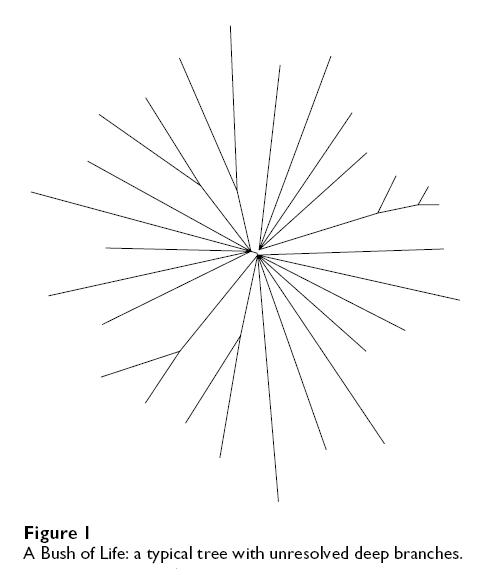
Posted without comment. Too busy today: the paper and reviewers’ reports are open access, so check it out. I’ll have more to say tomorrow.
Well, one quick comment. Could Mike Behe or Scott Minnich (to name a couple of my ID friends) have published this paper? — not in the sense of having written and submitted the text, however. Rather, could they have made it through refereeing?